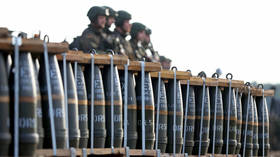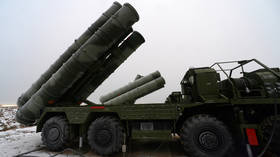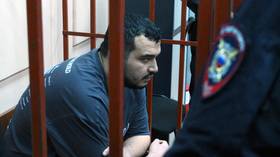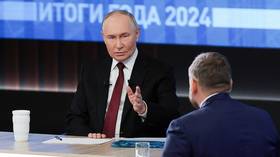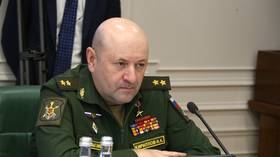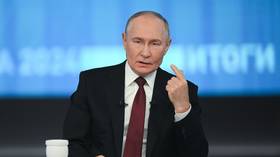Germany to double down on renewable energy – minister
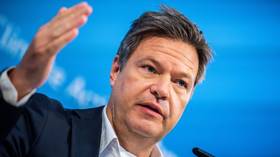
The German government will do most of the work this year to prepare its power market for greater reliance on renewable supplies by the end of the decade, Economy Minister Robert Habeck announced on Monday.
Habeck aims to overhaul the 550-terawatt hours a year (TWh) market amid rising demand as the EU’s largest economy moves away from fossil fuels under its climate commitments.
“We will do most of the necessary work in 2023,” the minister told a consultation meeting on power market reform, noting that the goal is to generate 80% of electricity from wind and the sun by 2030.
According to the minister, the government will prepare tenders for gas-fired power capacity to back up green power as nuclear and coal production is phased out. A strategy for the tenders will be ready this quarter, Habeck said, pointing out that gas will later be replaced with lower-carbon alternatives such as hydrogen.
Germany’s plan could set it apart from some EU countries that are holding on to more stable sources of power, Habeck noted.
“Creating alternative baseload will be a specific challenge. In a way, it will be like teaching an elephant how to dance,” he explained.
After taking power in December 2021, Olaf Scholz’s coalition government presented an ambitious program foreseeing a transition away from fossil fuels to renewable sources of energy.
However, those plans were effectively put on hold after gas prices skyrocketed due in part to Western sanctions imposed on Moscow. Issues with gas pipeline maintenance and then the sabotage of the Nord Stream network further exacerbated tight Russian supplies.
In a bid to ensure energy security, the authorities in Berlin ordered in September that idled brown coal mines could be resurrected. The phasing out of coal-fired power plants was also postponed until March 2024.
For more stories on economy & finance visit RT's business section
